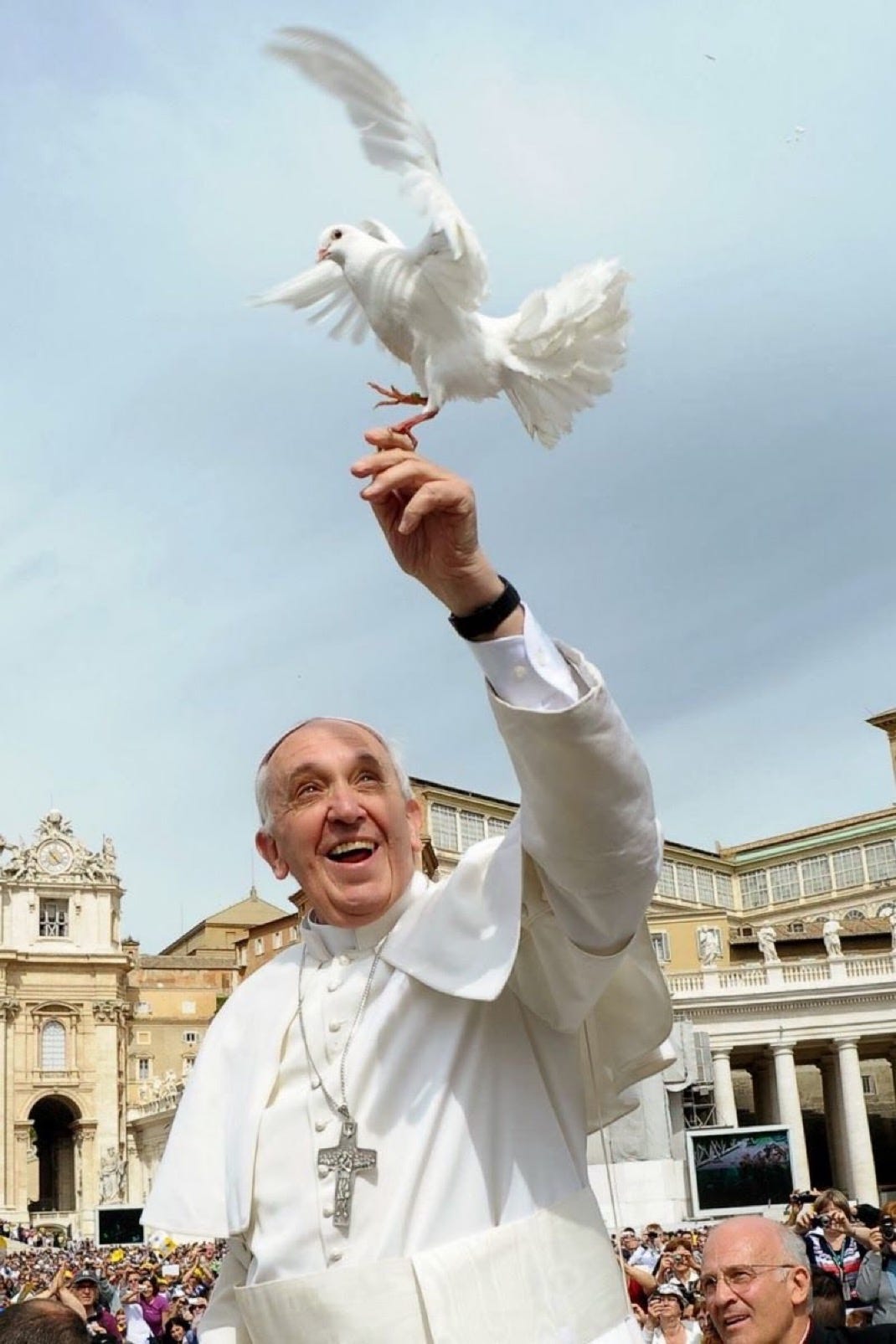When the Smoke Rises: What Comes After Pope Francis
Pope Francis is gone. What happens next?
Pope Francis is gone. He died on Easter Monday, and just like that, the Vatican entered one of the most guarded and ritualized transitions on Earth—the death of a pope and the election of his successor.
It’s called the Papal Interregnum.
When a pope dies, the world mourns. But inside the Vatican, things move fast. The papal apartment is sealed shut. It’s tradition—meant to mark the end of a reign and prevent tampering. Even though Francis never lived there, the ritual still matters.
Until a new pope is elected, one man takes charge: the Camerlengo. This time, it’s Cardinal Kevin Farrell, an American with Irish roots. He’s now the temporary steward of the Vatican, holding the keys—literally and symbolically—to the Church.
Meanwhile, Pope Francis’ body will lie in state under the dome of St. Peter’s Basilica. People will line up for hours. Just like they did for John Paul II. They’ll come not just to pay respects, but to grieve. Francis spoke for the poor, the forgotten, the voiceless. He tried to make the Church human again.
Nine days of mourning follow. The funeral happens between Day 4 and Day 6. Then, Francis will be buried according to his own wish: a simple grave, no gold, no marble—just one word on the tomb: Franciscus.
Then the real tension begins.
Cardinals from around the globe fly in. Only those under 80 can vote—136 of them this time. They’ll meet, pray, and prepare for the conclave. When ready, they’ll enter the Sistine Chapel and the doors will be locked behind them.
Inside, they cast votes in silence. No speeches. No outside contact. Just folded ballots and whispered prayers.
If no one gets a two-thirds majority, the ballots are burned with chemicals. Black smoke rises from a chimney. It means: no pope yet. But when the smoke turns white, it’s done. The world has a new pope.
Then the announcement comes: “Habemus Papam.”
The crowd roars.
A new man in white steps onto the balcony.
But this moment carries more weight than usual.
Francis didn’t just lead—he changed things. He rejected palaces, rode the bus, cooked his own meals. He washed the feet of prisoners and kissed the wounds of the broken. He opened doors many thought would stay closed forever.
Now the cardinals face a decision. Do they keep walking the path Francis laid down? Or do they turn back?
There’s also the abuse crisis still looming. The Church’s future reputation may hinge on how the next pope handles it. The pressure isn’t just on theology—it’s on accountability, healing, and justice.
This isn’t just a spiritual shift. The man they choose will influence how 1.4 billion Catholics—and the world—think about faith, morality, power, and truth.
And so, the world watches a chimney in silence.
Because in Rome, history still moves in smoke.





The story in thread format on X.
https://x.com/cultureexplorex/status/1914614013612224647?s=46&t=eNBsmGR4PulTH05PHz0EIQ